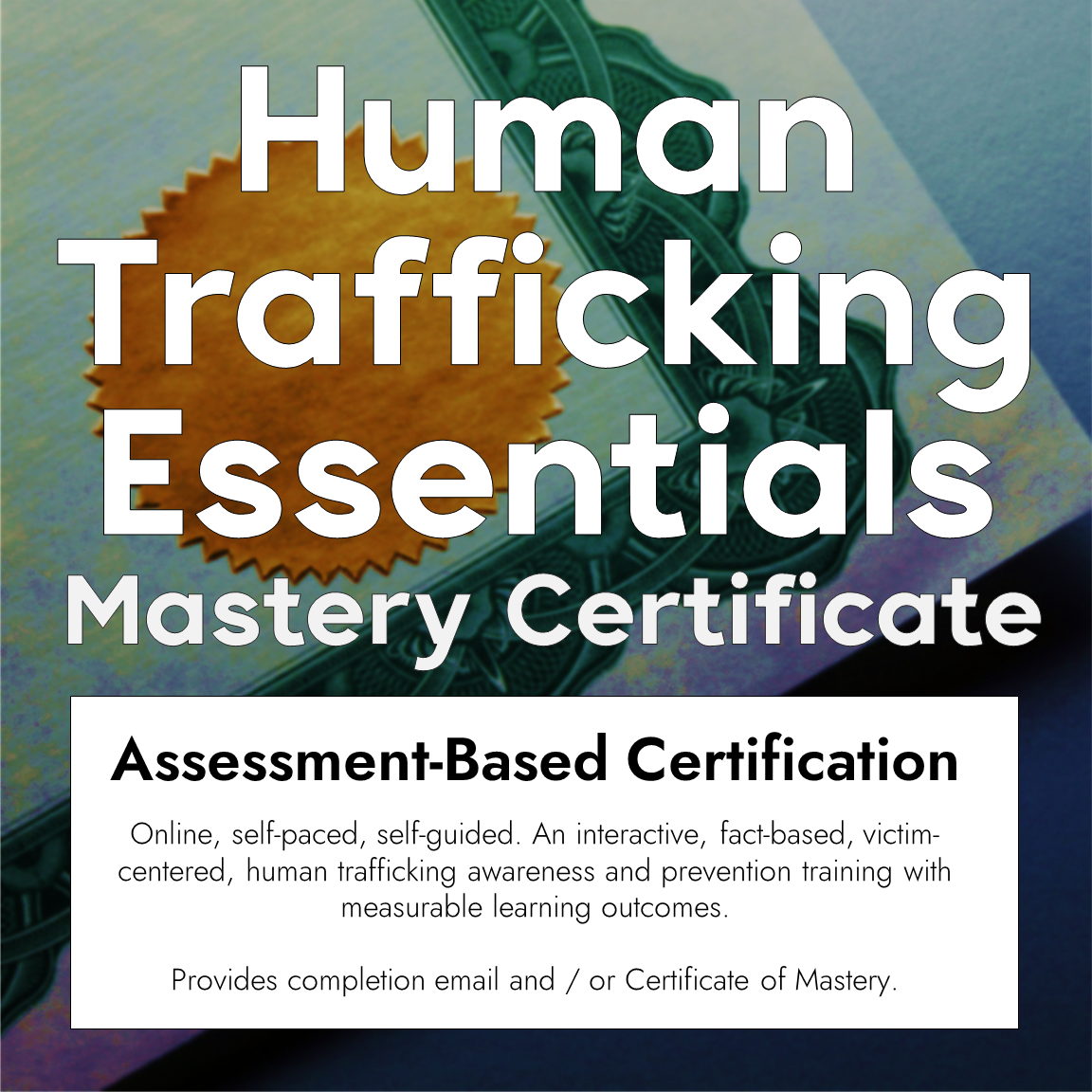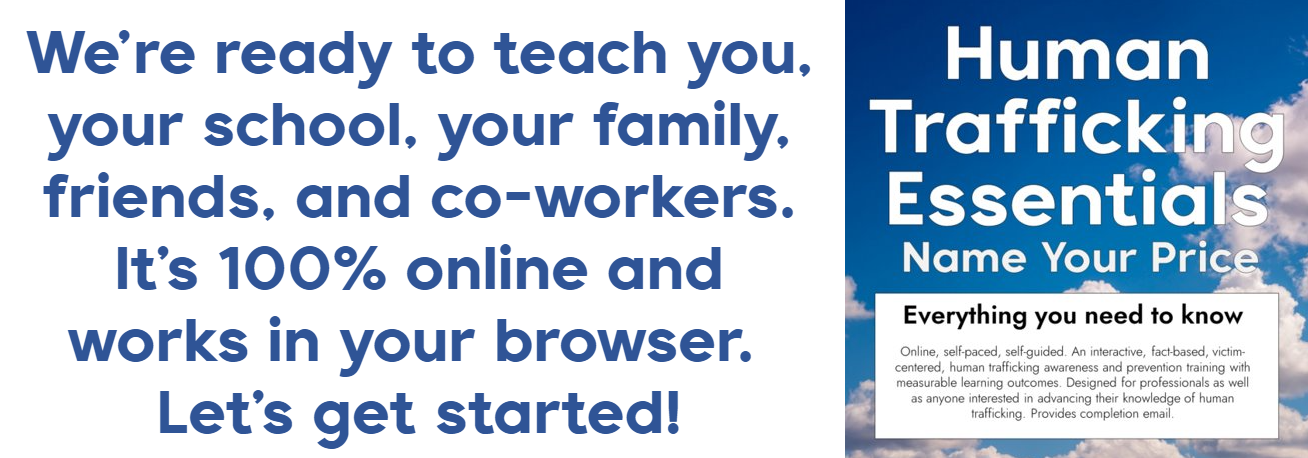What Do China’s Neighbors Think of De-risking?

How important are de-risking and economic diversification for China's Northeast Asian neighbors, and what steps are they taking to that end? This webinar, recorded live on August 22, discusses the de-risking calculus for Japan, South Korea, and Taiwan.
Featuring Christina Lai, an associate research fellow in the Institute of Political Science at Academia Sinica, Taiwan, and an adjunct faculty in Global Security Studies at Johns Hopkins University; Kazuto Suzuki, professor of Science and Technology Policy at the Graduate School of Public Policy at the University of Tokyo, Japan, and director of Economic Security at the Institute of Geoeconomics; and Wonho Yeon, a research fellow and head of the Economic Security Team at the Korea Institute for International Economic Policy (KIEP) and a member of the policy advisory committees for the National Security Office (Office of the President) and the Ministry of Foreign Affairs.
The US Department of State defines “de-risking”: De-risking refers to the phenomenon of financial institutions terminating or restricting business relationships with clients or categories of clients to avoid, rather than manage, risk. The State Department's Office of Global Sanctions and Threat Finance within the Bureau of Economic and Business Affairs (EB/TFS/GST) monitors reports of de-risking and its drivers, including reports related to the termination of correspondent banking relationships and the closure of accounts of humanitarian assistance groups, money service businesses, and foreign missions in the United States among others. We seek to promote financial inclusion and transparency while ensuring that the U.S. financial system is protected from money laundering and terrorism finance.
This “Eyes on Trafficking” story is reprinted from its original online location.
Fair Use Notice: The PBJ Learning Knowledge Vault is dedicated to advancing understanding of various social justice issues, including human trafficking and related topics. Some of the material presented on this website may contain copyrighted material, the use of which has not always been specifically authorized by the copyright owner. We are making such material available in our efforts to promote education and awareness of these important issues. There is no other central database we are aware of, so we put this together for both historical and research purposes. Articles are categorized and tagged for ease of use. We believe that this constitutes a ‘fair use' of any such copyrighted material as provided for in section 107 of the US Copyright Law. In accordance with Title 17 U.S.C. Section 107, the material on this site is distributed without profit to those who have expressed a prior interest in receiving the included information for research and educational purposes. For more information on fair use, please visit: “17 U.S. Code § 107 – Limitations on exclusive rights” on Cornell Law School's Legal Information Institute.

ABOUT PBJ LEARNING
PBJ Learning is a leading provider of online human trafficking training, focusing on awareness and prevention education. Their interactive Human Trafficking Essentials online course is used worldwide to educate professionals and individuals how to recognize human trafficking and how to respond to potential victims. Learn on any web browser (even your mobile phone) at any time.
More stories like this can be found in your PBJ Learning Knowledge Vault.
EYES ON TRAFFICKING
This “Eyes on Trafficking” story is reprinted from its original online location.
ABOUT PBJ LEARNING
PBJ Learning is a leading provider of online human trafficking training, focusing on awareness and prevention education. Their interactive Human Trafficking Essentials online course is used worldwide to educate professionals and individuals how to recognize human trafficking and how to respond to potential victims. Learn on any web browser (even your mobile phone) at any time.
More stories like this can be found in your PBJ Learning Knowledge Vault.

